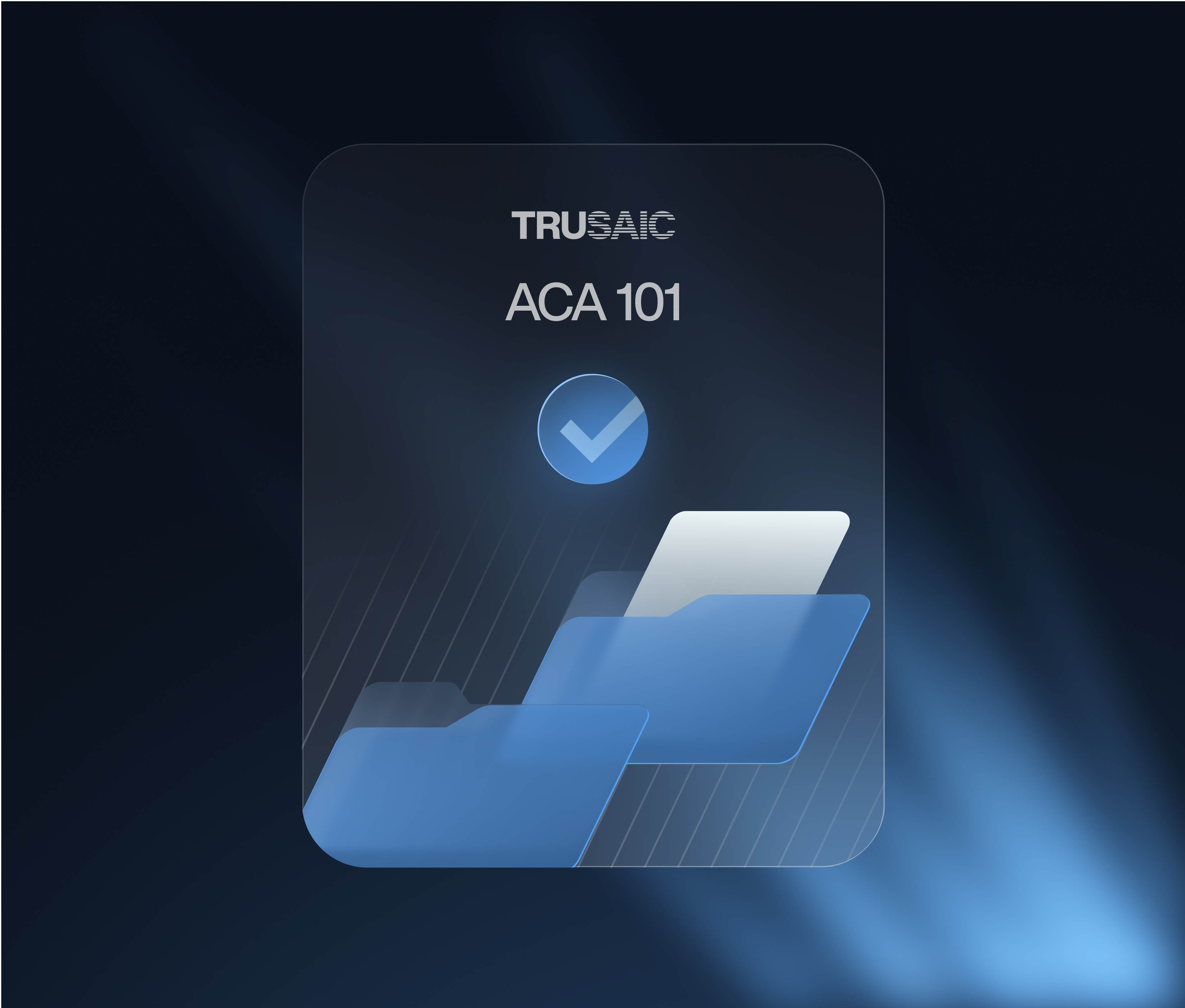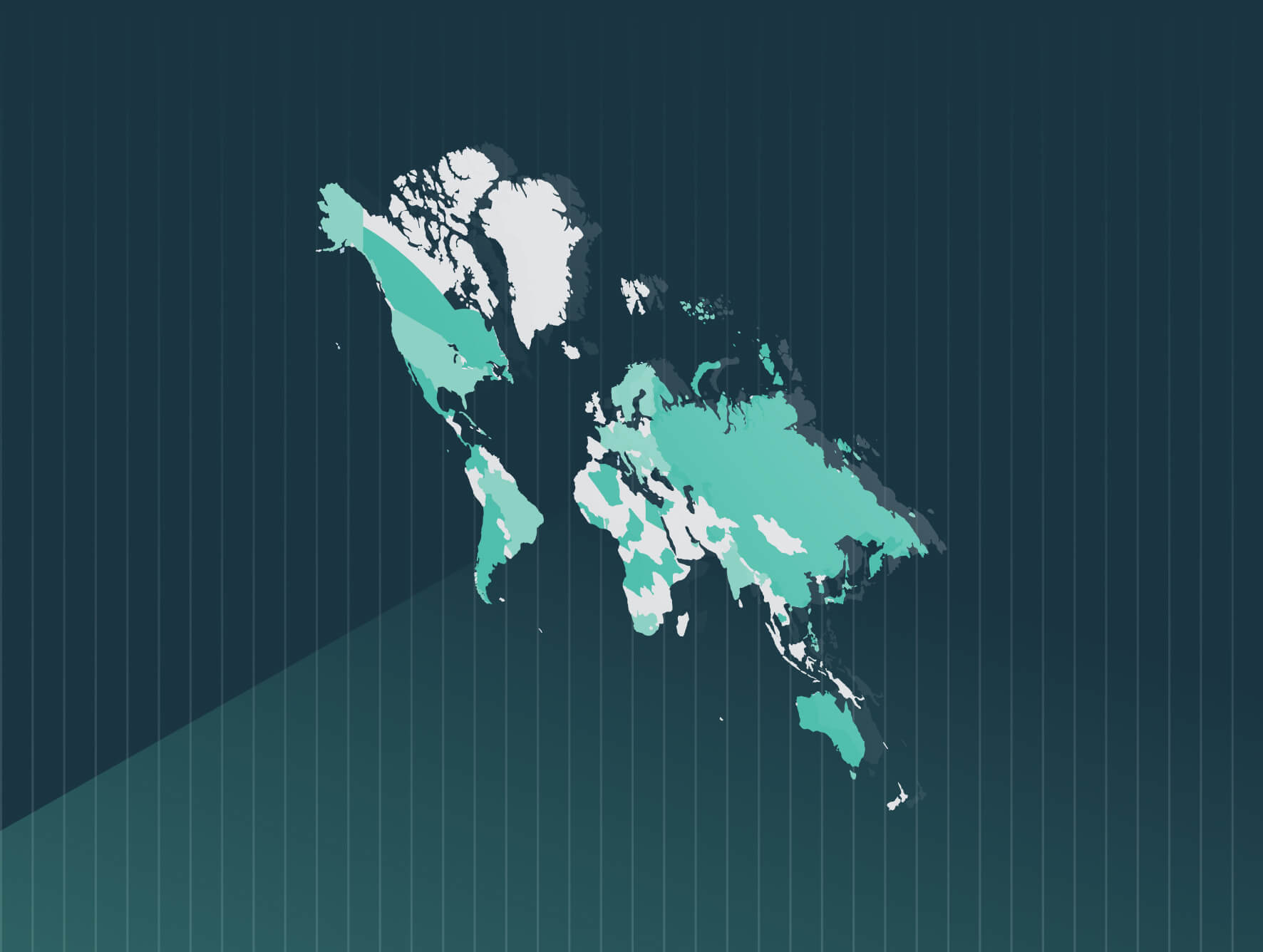Austria’s Path Toward Shrinking the Gender Pay Gap Under EU Directive
Austria's gender pay gap is one of the larger in the European Union. More strict transparency and reporting requirements under the EU Directive could help. Read More
Belgium’s Path Toward Closing the Gender Pay Gap Under EU Directive
In response to the EU Pay Transparency Directive, which requires employers operating in European Union member states to report on pay data, Trusaic will be evaluating the state of each country in the EU’s current gender pay gaps and the path toward compliance. The impetus for… Read More
Equal Pay Protection & Brexit: What’s Next for the UK?
As EU member states prepare for the EU Pay Transparency Directive, the UK has dispensed with hundreds of EU-derived laws under its Schedule of Retained Law. What does that mean for equal pay protection and UK gender equality? Below,… Read More
Contract Worker Rights: New Jersey & Illinois Break the Mold
Groundbreaking employment legislation for contract worker rights in New Jersey (NJ) is now law. NJ is the first US state to mandate equal pay for temporary workers, followed closely by Illinois. Effective August 5, the Temporary Workers’ Bill of Rights… Read More
EEO-1 Component 2: Prepare for Pay Data Reporting
Speculation over the return of EEO-1 Component 2 pay data reporting has been rife for some time. To be precise, since Equal Employment Opportunity Commission (EEOC) Commissioner Keith Sonderling warned, “Watch out, it is coming”. Read More
Closing the Gender Pay Gap: Why Women Can’t Wait Another 50 Years
Women in the workforce are unlikely to see pay equity achieved in their working lifetime. You read that right. Efforts to close the gender pay gap have stalled. Pew Research Center analysis found that in 2022, American women earned an average of 82… Read More
ESG Developments: The Impact of CSRD on Pay Equity
On January 5, 2023, the EU’s Corporate Sustainability Reporting Directive (CSRD) came into force, replacing the EU’s 2014 Non-Financial Reporting Directive (NFRD). In this article we explore the latest ESG developments and their impact on pay transparency. Closing the gender pay gap is… Read More
Why the Next Equal Pay Case Matters to Every Employer
In May 2023, 2,000 employees of UK retailer Next plc, won the second stage of their equal pay claim. In the second stage of the Next equal pay case, an employment tribunal ruling agreed that the work of its predominantly female… Read More
EEOC Title VII: What It Means for AI & Pay Equity Compliance
Employers that use AI and automated systems such as pay equity software to streamline workplace processes have received a stark reminder about potential employment discrimination violations. On May 18th, the EEOC released a technical assistance document outlining the… Read More






